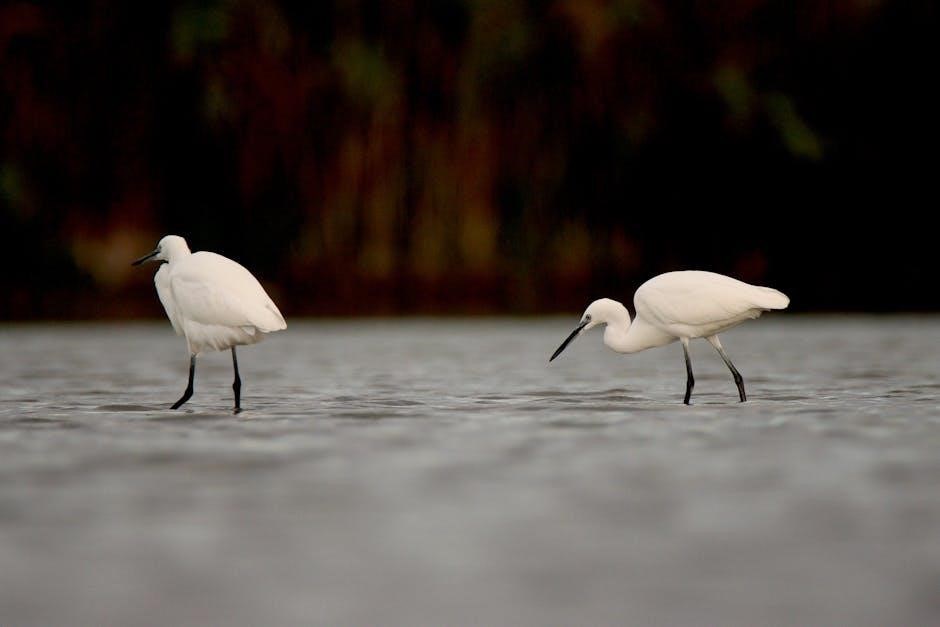Michigan waterfowl hunting guide provides a comprehensive overview of waterfowl hunting, covering essential information for hunters, including regulations, licenses, and season dates, using
tags for headings and
for paragraphs.
Overview of Waterfowl Hunting in Michigan
Michigan is a popular destination for waterfowl hunting due to its location along the Mississippi Flyway and its extensive coastline along the Great Lakes. The state’s diverse landscape and abundant wetlands provide a habitat for a wide variety of waterfowl species. Waterfowl hunting in Michigan is a significant recreational activity, with many hunters participating in the sport each year. The state’s waterfowl hunting season typically runs from September to December, with different seasons and regulations in place for different species. Michigan’s waterfowl hunting opportunities are not limited to public lands, as many private lands and guide services are also available to hunters. Overall, Michigan offers a unique and exciting waterfowl hunting experience, with its rich natural resources and abundant wildlife making it an attractive destination for hunters from across the country. Michigan’s waterfowl hunting scene is thriving and continues to attract hunters.
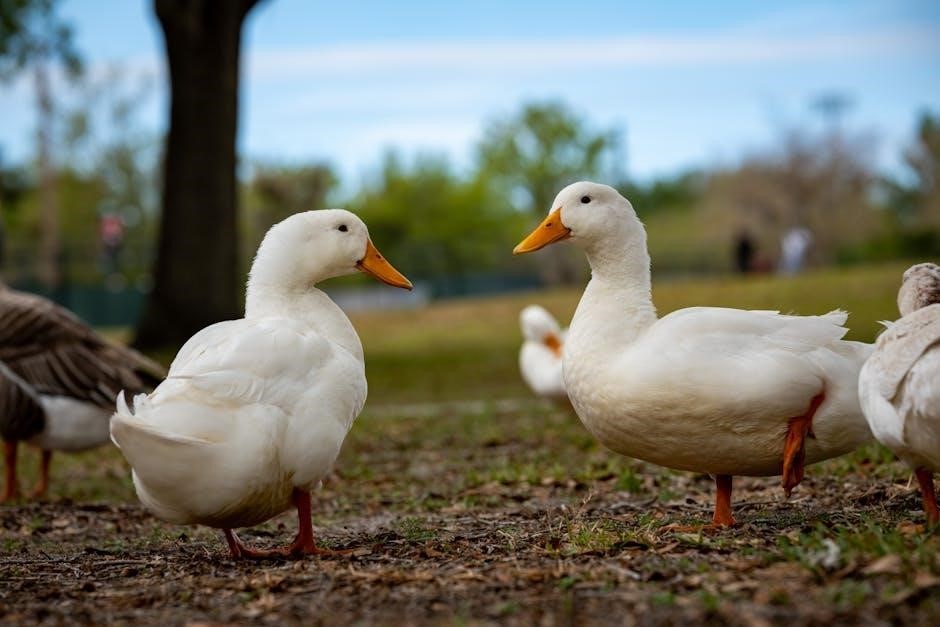
Licenses and Regulations
Regulations and licenses are essential for waterfowl hunting in Michigan, ensuring a safe experience.
Types of Licenses Required for Waterfowl Hunting
To participate in waterfowl hunting in Michigan, hunters must obtain the necessary licenses and permits. The Michigan Department of Natural Resources issues various types of licenses, including a base license, which is required for all hunters. An apprentice base license is also available for new hunters, and a mentored youth license is offered for young hunters. Additionally, a federal duck stamp is required for waterfowl hunting, and a state waterfowl license is also necessary. Hunters must ensure they have the correct licenses and permits before heading out into the field. The licenses and permits can be obtained online or at a local license vendor. It is essential to understand the different types of licenses required for waterfowl hunting in Michigan to avoid any confusion or penalties. The licenses and regulations are in place to ensure a safe and successful hunting experience.
Understanding Bag Limits and Possession Limits
Bag limits and possession limits are crucial aspects of waterfowl hunting in Michigan, as they help conserve bird populations and ensure a sustainable hunt. The daily bag limit refers to the maximum number of birds a hunter can harvest in a single day, while the possession limit is the maximum number of birds a hunter can have in their possession at any given time. For example, the daily bag limit for ducks is six, with a possession limit of 18. Hunters must adhere to these limits to avoid overhunting and to help maintain healthy bird populations. The Michigan Department of Natural Resources sets these limits based on scientific research and data, and hunters can find the specific limits for each species in the Michigan Waterfowl Hunting Guide. By understanding and following these limits, hunters can help conserve Michigan’s waterfowl populations for future generations. This ensures a balanced ecosystem and maintains the state’s rich hunting heritage.
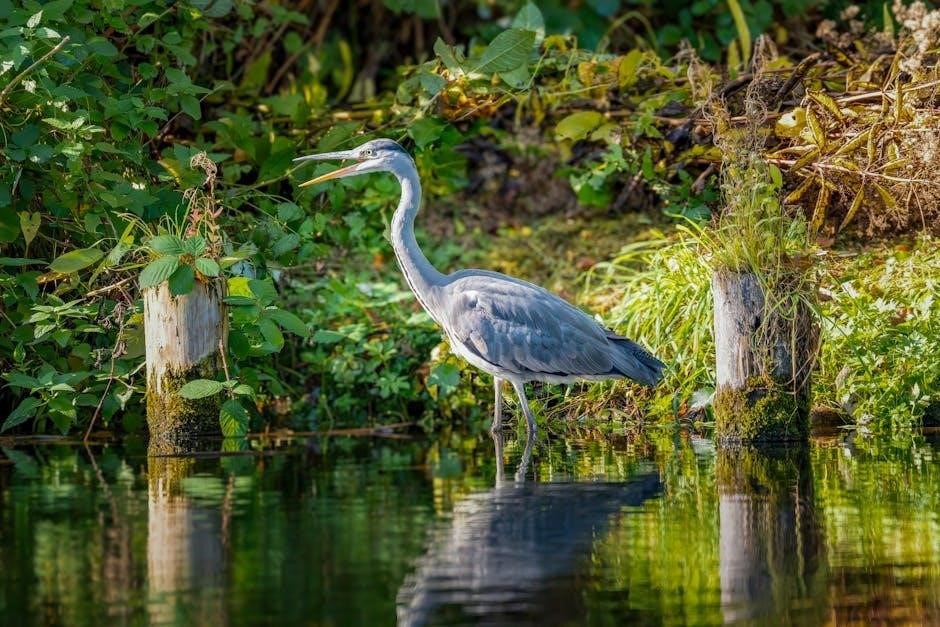
Season Dates and Hunting Zones
Michigan has specific season dates and hunting zones, with the North and South zones having distinct opening and closing dates, using
tags for paragraphs and information.
North Zone Waterfowl Hunting Season Dates
The North Zone in Michigan has specific waterfowl hunting season dates, typically starting in late September and ending in late November, with a possible additional hunting period in early December.
These dates are subject to change, and hunters should always check with the Michigan Department of Natural Resources for the most up-to-date information.
The North Zone season dates are usually announced well in advance, allowing hunters to plan their trips and make necessary arrangements, including obtaining any required licenses and permits.
Hunters should be aware of the different season dates for various species, such as ducks, geese, and coots, to ensure they are hunting within the allowed time frames.
By following the established season dates, hunters can help conserve waterfowl populations and maintain a healthy and sustainable hunting environment in Michigan’s North Zone.
South Zone Waterfowl Hunting Season Dates
The South Zone in Michigan has its own set of waterfowl hunting season dates, which are typically different from the North Zone.
Hunters in the South Zone can expect to start hunting in early October and continue through late November, with some species having extended seasons.
By understanding the South Zone season dates, hunters can plan their trips and make the most of their time in the field, while also contributing to the conservation of Michigan’s waterfowl resources, and enjoying the state’s renowned hunting opportunities.
This information is crucial for a successful and enjoyable hunting experience in the South Zone.
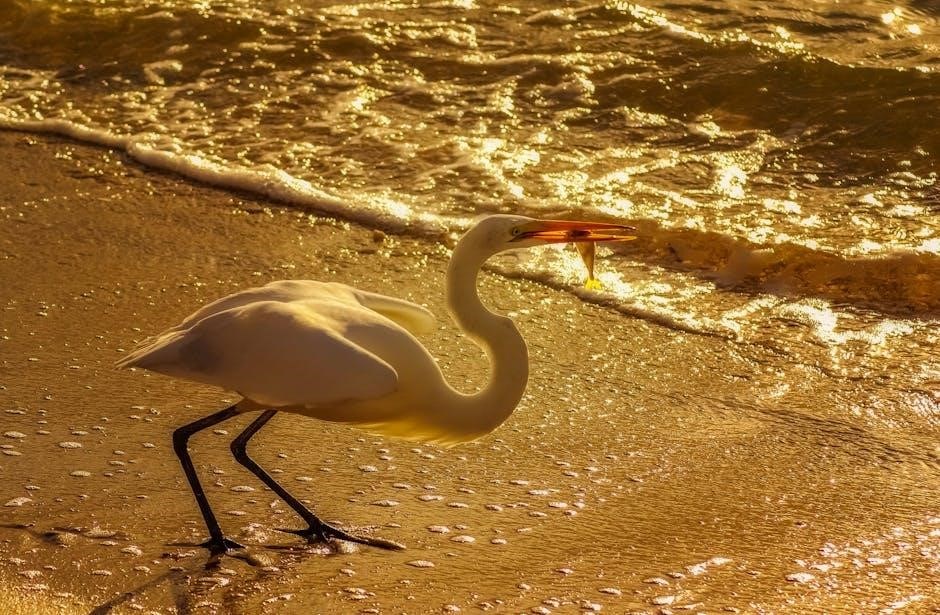
Hunting Locations and Access
Michigan offers various hunting locations, including public and private lands, with access to state game areas and federal lands, using
tags for information.
Public Lands for Waterfowl Hunting in Michigan
Michigan has numerous public lands that offer waterfowl hunting opportunities, including state game areas and federal lands. These areas provide access to diverse habitats, such as wetlands, marshes, and forests, which attract various waterfowl species. The Michigan Department of Natural Resources manages many of these public lands, ensuring that they are preserved and maintained for hunting and other outdoor activities. Some popular public lands for waterfowl hunting in Michigan include the Shiawassee National Wildlife Refuge, the Seney National Wildlife Refuge, and the Huron-Manistee National Forests. Hunters can access these areas by foot, boat, or vehicle, depending on the location and regulations. It is essential to check with the Michigan Department of Natural Resources for specific rules and regulations regarding public land use and waterfowl hunting in Michigan. Public lands offer a unique and exciting experience for waterfowl hunters.
Private Lands and Guide Services for Waterfowl Hunting
Private lands and guide services play a significant role in Michigan’s waterfowl hunting scene, offering exclusive access to prime hunting locations. Many private landowners and guide services provide expert guidance, equipment, and accommodations for hunters. These services cater to both novice and experienced hunters, ensuring a successful and enjoyable hunting experience. Guide services often have extensive knowledge of the area, including the best hunting spots, waterfowl migration patterns, and effective hunting techniques. Private lands, such as farms and ranches, can also provide excellent waterfowl hunting opportunities, with many landowners allowing hunting on their properties through guided tours or leasing agreements. By using private lands and guide services, hunters can increase their chances of a successful hunt and create lasting memories in Michigan’s beautiful outdoors, with its diverse landscapes and abundant waterfowl populations, making it an ideal destination for hunters.
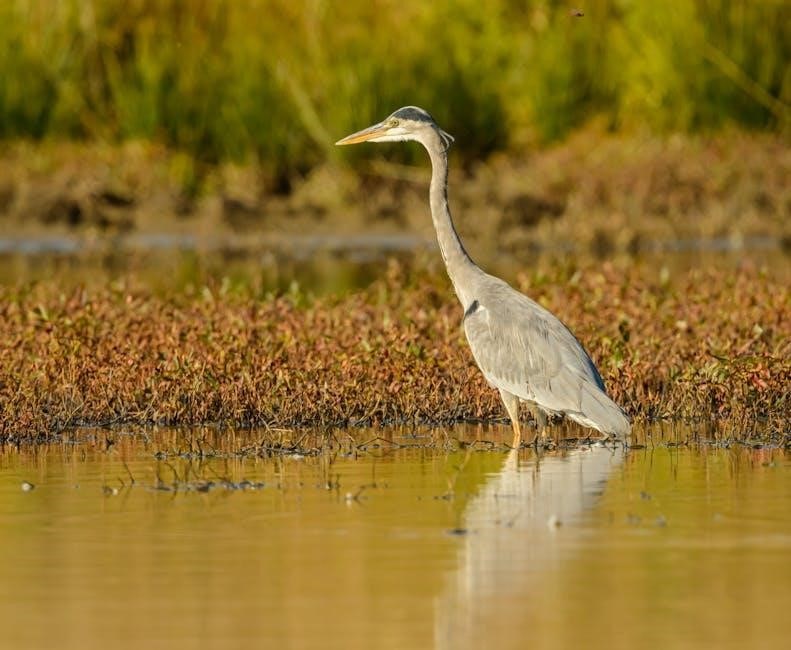
Conservation Efforts and Safety
Michigan prioritizes conservation and safety measures, ensuring a sustainable waterfowl hunting environment, using
tags for paragraphs effectively always.
Importance of Ethical Hunting Practices and Conservation
Ethical hunting practices and conservation are crucial for maintaining a healthy waterfowl population in Michigan. The state’s Department of Natural Resources emphasizes the importance of responsible hunting and conservation efforts. Hunters are encouraged to follow best practices, such as respecting bag limits and hunting seasons, to ensure the long-term sustainability of waterfowl populations. Additionally, conservation efforts, including habitat preservation and restoration, are essential for maintaining healthy ecosystems. By promoting ethical hunting practices and conservation, Michigan can continue to provide high-quality waterfowl hunting opportunities while also protecting the state’s natural resources. This approach benefits both hunters and the environment, and is essential for the future of waterfowl hunting in Michigan. Effective conservation and ethical hunting practices are essential for maintaining a balance between hunting and conservation, using headings and paragraphs to organize the content effectively always.
Safety Precautions and Best Practices for Waterfowl Hunting
Safety precautions and best practices are essential for a successful and enjoyable waterfowl hunting experience in Michigan. Hunters should always wear protective gear, including eye and ear protection, and follow basic safety rules, such as keeping firearms pointed in a safe direction. It is also important to be aware of surroundings and weather conditions, as they can quickly change and pose a hazard. Hunters should also be mindful of their physical limitations and take regular breaks to avoid fatigue. Additionally, hunters should always follow best practices, such as respecting private property and other hunters, to ensure a positive experience for everyone involved. By following these safety precautions and best practices, hunters can minimize risks and maximize their enjoyment of waterfowl hunting in Michigan, using proper safety protocols and guidelines to ensure a safe hunt always and effectively.
